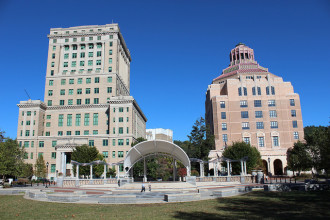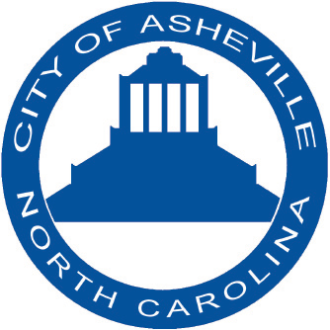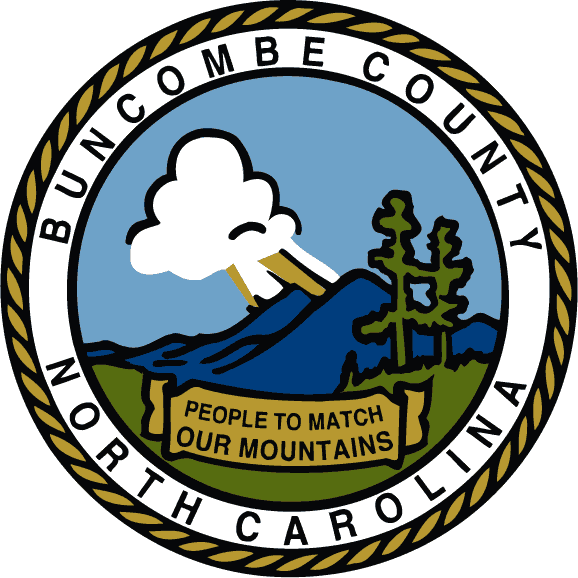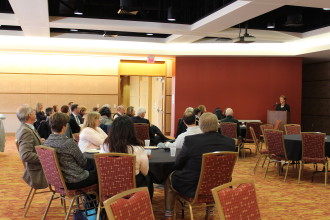If one of your New Year’s resolutions is to learn more about local government and how you can help steer the ship, both the City of Asheville and Buncombe County applaud, encourage and welcome your interest.


If one of your New Year’s resolutions is to learn more about local government and how you can help steer the ship, both the City of Asheville and Buncombe County applaud, encourage and welcome your interest.

In February, Asheville unveiled a plan to reduce the number of advisory groups from 20 to four. Each of those boards would be capped at 11 members, meaning the number of residents who serve in a regular advisory role would be cut by roughly 80%.

In a year marked by a constant churn of updating numbers — COVID-19 dashboards, economic forecasts, political polls — Assistant Editor Daniel Walton took comfort in stories that were able to report more deeply on some of the issues facing Western North Carolina.

Since March 16, local government boards and commissions meetings have been canceled, meaning citizens have largely been shut out of formal policy discussions as Asheville City Council and the Buncombe County Board of Commissioners manage the tandem economic and public health crises caused by the coronavirus.

Asheville City Council will consider a number of items on its consent agenda for Tuesday, Feb. 11, including managing parking at the airport and setting a hotel development work session.

The Buncombe County Board of Commissioners must whittle down 25 applicants to fill nine available slots on the new advisory group. According to the resolution establishing the group, members must be selected evenly from each commission district and should represent the community’s gender, age and racial diversity; notably, all of the current applicants are white.

City Council hosted chairs of the city’s boards and commissions at a luncheon at the U.S. Cellular Center on Jan. 10.